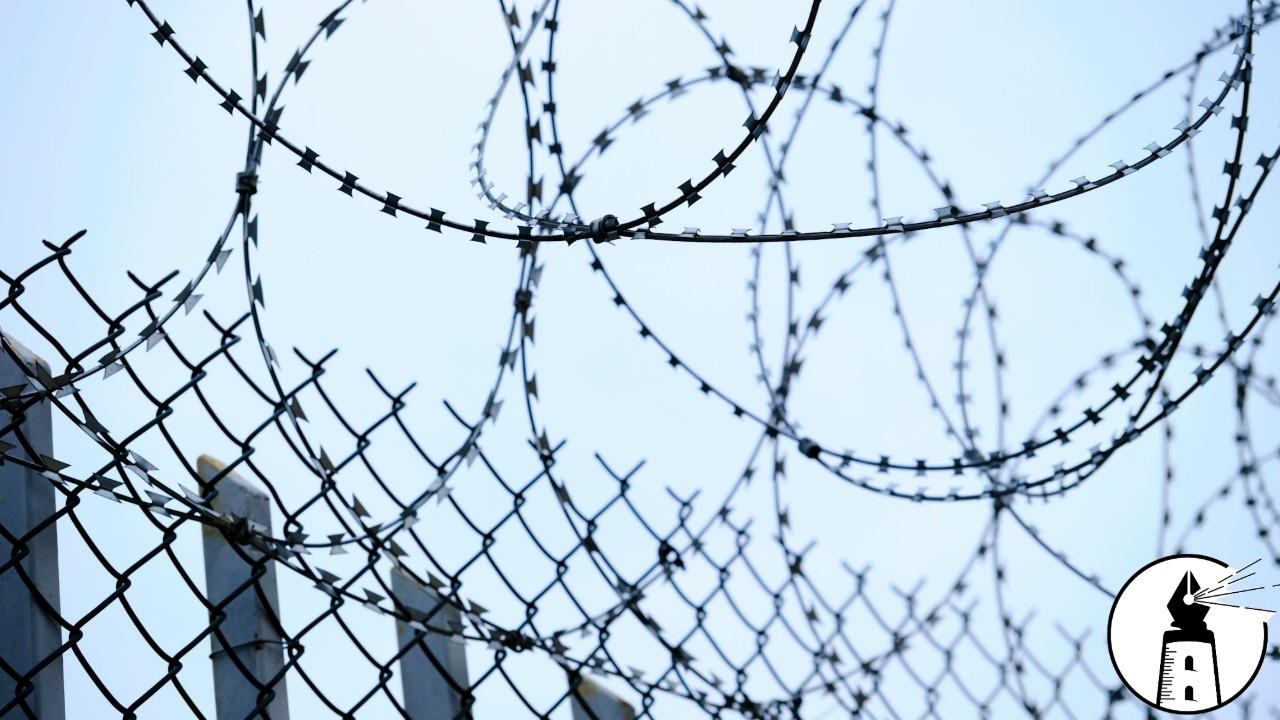Alligator Alcatraz, the nickname given to Florida’s new migrant detention facility located deep in the Everglades, has quickly become a focal point of controversy. Officially a state-run holding center for undocumented immigrants, the facility was established on seized county land within the Big Cypress National Preserve. Although it has only been operational for a short time, the site has already drawn criticism for its lack of transparency, limited communication, and the obstruction of legal access. Critics of the complex, troubled by its remote location and secrecy, have begun referring to it as “Alligator Auschwitz.”
Since opening, the detention center has functioned as a legal and bureaucratic black hole. Attorneys attempting to reach clients held inside have faced persistent delays and uncertainty. As reported by the Miami Herald, some waited hours at the gates, only to be turned away or asked to wait days for a response that never came. A designated email for scheduling legal visits has returned undeliverable messages or offered vague assurances with no follow-up. Nearly two weeks in, lawyers still report not being able to meet with their clients or even confirm their locations through standard federal tracking databases.
A critical issue fueling the confusion is the unclear jurisdiction over the detainees. While the federal government maintains that Florida has operational control, lawyers have struggled to determine whether their clients are in state or federal custody. That distinction matters because it dictates where legal motions should be filed and which agencies have legal authority. Some filings have been rejected outright by immigration courts on the grounds that detainees are not in federal custody, leaving defense attorneys in legal limbo.
Compounding the concern is that detainees brought to the site often disappear from the federal system’s online locator, which is designed to help families and attorneys track individuals in immigration custody. Some names briefly appear, only to vanish later. Legal representatives say the only contact with their clients has come through sporadic and unpredictable outbound phone calls. In-person visitations, while reportedly allowed, have yet to occur in any consistent or documented way.
This chaotic rollout raises broader concerns about civil liberties and the rule of law. There are credible reports that some U.S.-born and naturalized citizens have been detained by immigration agents during routine stops or check-ins. These individuals, despite their citizenship, have ended up caught in a system that offers minimal oversight and few clear channels for recourse. Without a functioning mechanism to verify legal status quickly and fairly, the risk of unlawful detention grows.
The facility’s defenders argue that it is a necessary step in managing border enforcement and expediting deportations. However, the lack of legal access, the unclear command structure, and the physical and informational isolation of detainees paint a troubling picture. If the United States were truly under military invasion at its southern border, a facility like Alligator Alcatraz, where due process is suspended, access to counsel is obstructed, and transparency is absent, would almost certainly be labeled a war crime under international law.
—By Greg Collier



